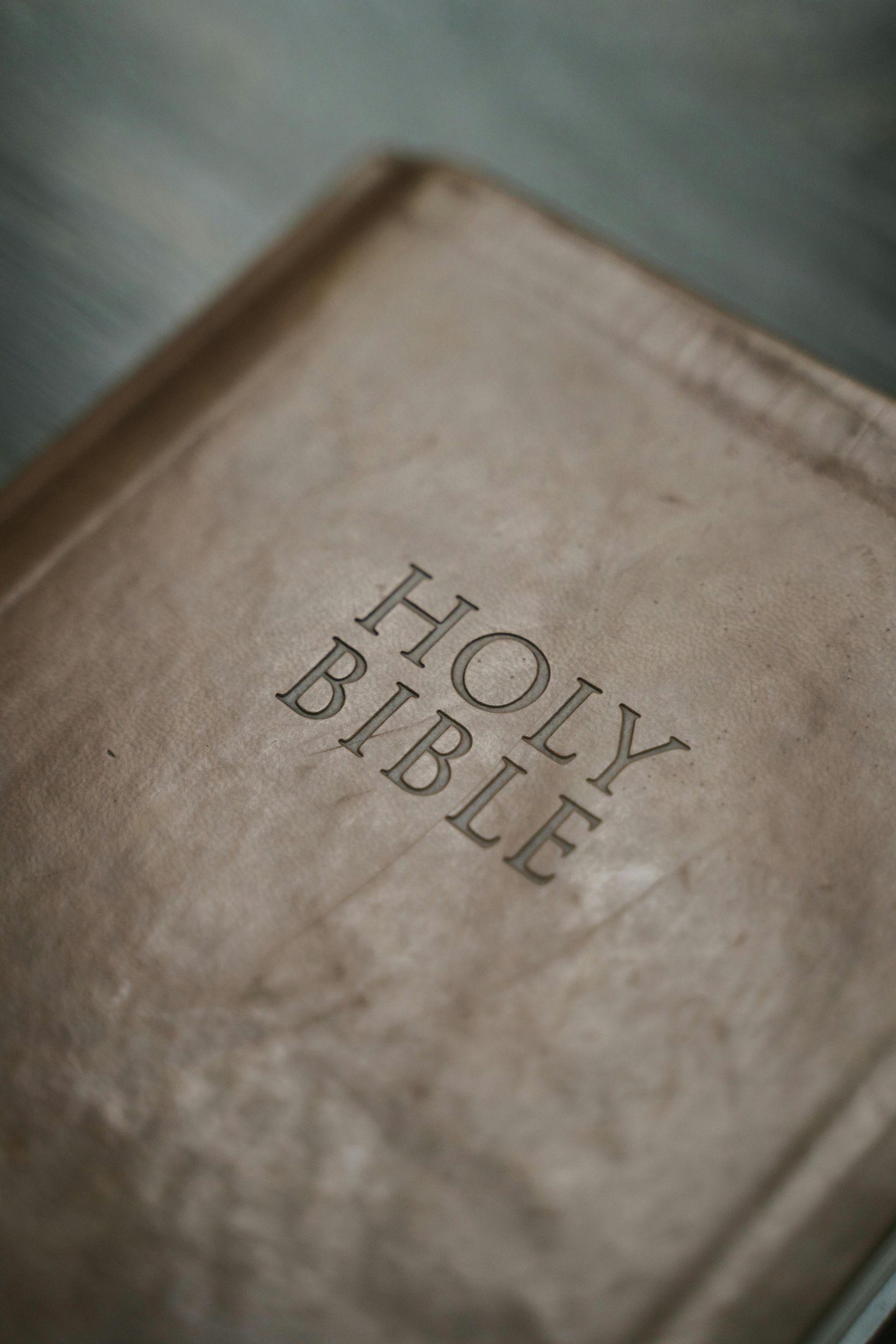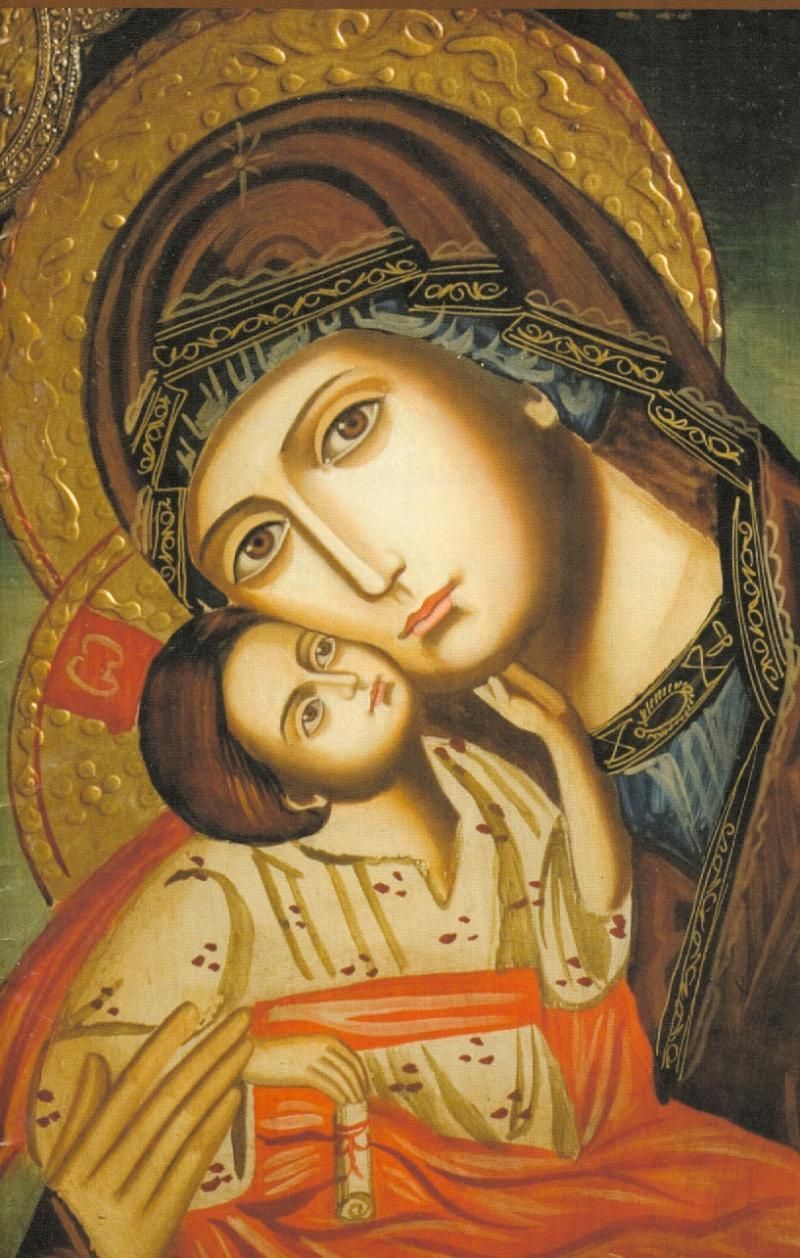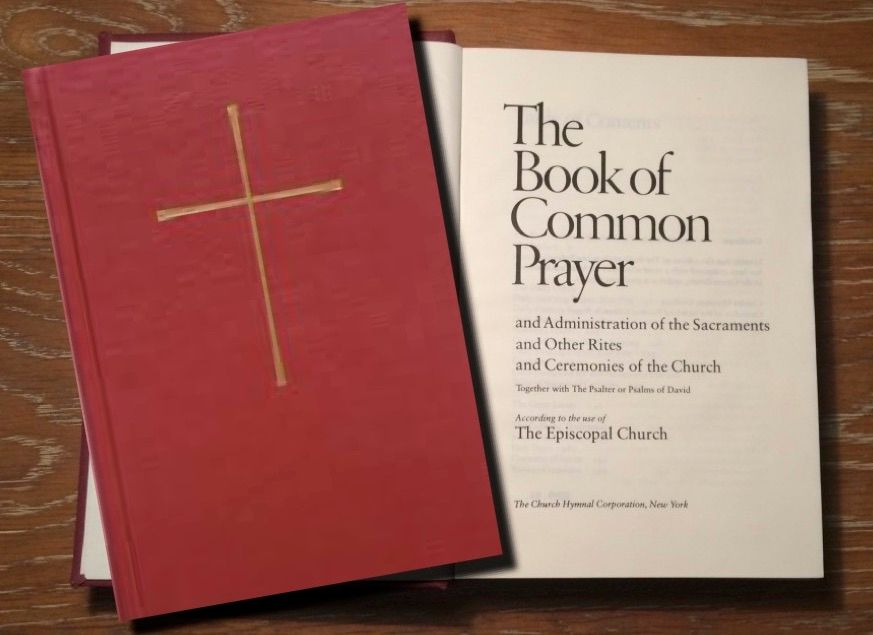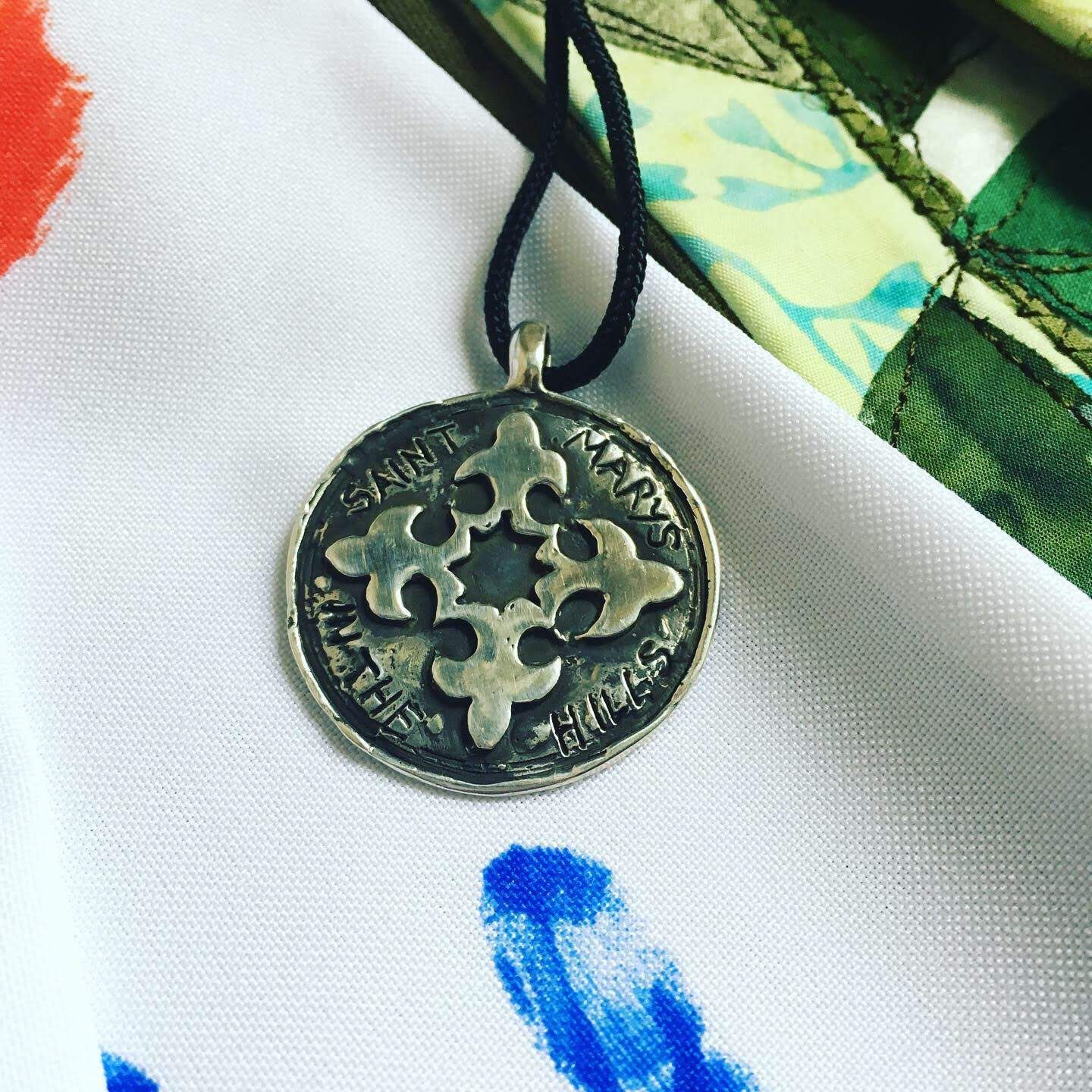What We Believe

The Holy Scriptures
The Articles of Faith, one of the founding documents of the Church of England and the churches descended from it, says this: "Holy Scripture containeth all things necessary to salvation." In one of our prayers, we pray “Blessed Lord, who caused all holy Scriptures to be written for our learning: Grant us so to hear them, read, mark, learn, and inwardly digest them, that we may embrace and ever hold fast the blessed hope of everlasting life, which you have given us in our Savior Jesus Christ.” Reading and studying the Bible is the principal way we listen to what God has to say to us today.
We treat the Scriptures as the Word of God, the principle instrument through which God still speaks to God's people today. More than a simple collection of interesting texts, we consider the writings of the Bible to be holy, and to be a trustworthy guide in leading us to the Living God, the God of Israel, the Creator of all, made manifest in Jesus, the Anointed One, through the power of the Holy Spirit.
The Book of Common Prayer (see the Common Faith section) shapes our prayers and our beliefs, but about seventy percent of that book comes directly from the Bible. Even so, the Bible itself is a library, not a single book, and so we must listen carefully and expect to be surprised by what the Spirit might reveal to us in its pages.
That is how we read the Scriptures: carefully, closely, intelligently, and with the expectation that the Holy Spirit will guide us as we endeavor to listen to the Word of the Lord. Thanks be to God.

A Noble Heritage
Even as we seek to listen to God's voice afresh in the Scriptures, we do so guided by the great tradition of the Church.
From the very earliest days and for nearly two thousand years, faithful Christians have wondered over and pondered the mysteries of our faith. We are guided by their wisdom, even when we may depart from their understanding because of how God is calling us in our time.
Above all, we honor and hold to the ancient faith in the Holy Trinity, that there is one God, and yet three Divine Persons. We belive that God is, in a perplexingly beautiful way, the One God of Israel but also in Jesus, the Only-begotten Child of God, we encounter God as "Abba," Father, and also as the Anointed Son, and also as the Holy Spirit. This not an easy aspect of the faith to understand, but it is not meant to be a riddle. Rather, it is our least worst way of describing the God who has drenched us in Love, redeemed us from our straying, and is bringing us home. It is how we talk about the God who captures us in prayer and draws us into the very life of God.
This faith is summarized in the ancient Creeds of the Church, especially the Apostles' Creed and the Nicene Creed. These are the creeds we confess together in our services, holding fast to the faith of those who have gone before us and handed down the faith.

The Book of Common Prayer
The language of our faith, grounded in the Scriptures and passed down through the centuries, is shaped by The Book of Common Prayer (BCP). We believe that the way we pray shapes what and how we believe. The BCP holds our common language of faith, the language of faith we hold in common. As the Episcopal Church website says, "The Book of Common Prayer is a treasure chest full of devotional and teaching resources for individuals and congregations, but it is also the primary symbol of our unity. We, who are many and diverse, come together in Christ through our worship, our common prayer."
The BCP was originally compiled during the English Reformation and first published in 1549. The first edition of the American Prayer Book was ratified and published in 1789. The most recent revision was published in 1979.
The BCP contains orders of service (liturgies) for Sunday and daily prayer services, as well as resources for personal devotion and other religious occasions and sacramental rites, a number of prayers and thanksgivings for various occasions, the whole book of Psalms, and much more.
It is impossible to summarize briefly the beliefs cultivated by the BCP, because it is not intended to present a belief system, but to foster a habit and language of prayer. And this is one of its greatest strengths, because we do not hold beliefs just to be right or wrong, but because they reflect the God in whom and through whom and to whom we pray.
But if you really want to know what we believe, there are two parts of the BCP that are more straightforward: the Collects (pp. 157-210 in traditional language, or 211-261 in contemporary language) and the Outline of the Faith (pp. 843-862). A collect (accent on the first syllable) is a kind of set prayer for specific service. The Outline of the Faith is also known as the Catechism.

Holy Things, Holy Actions, Holy People
In keeping with the ancient heritage of the Church and our living experience of God in worship and life, at St. Mary's we acknowledge that God's grace works in sacred actions with sacred things. The word for that is Sacrament.
As the Outline of the Faith says, "The sacraments are outward and visible signs of inward and spiritual grace, given by Christ as sure and certain means by which we receive that grace" (BCP, 857). They are holy actions with holy things, and by which things and people receive the grace to become holy.
The principle Sacraments of the Church are Holy Baptism and Holy Eucharist. Holy Baptism is the rite by which we join ourselves to Christ, and commit our lives to God's own life. We affirm our faith, we renounce a life that does not honor God, and we pledge our lives to following the way of Christ. This Baptismal Covenant outlines the basics of what we believe it means to live as follwers of Jesus Christ.
Holy Eucharist is the great mystery by which the bread and wine presented on the altar become, for us, in faith, the body and blood of our Lord. As St. Augustine said, in the Eucharist, we "become what we see, and we receive what we are"--we become the body of Christ broken open for the life of the world, and we receive Christ, the very heart of God.
There are other Sacramental Rites found in the Book of Common Prayer that aid us in our journey to God, including:
Confirmation (the adult affirmation of our baptismal vows);
Holy Orders (ordination to deacon, priest, or bishop);
Holy Matrimony (Christian marriage);
Reconciliation of a Penitent (private confession);
Unction (anointing of the sick or dying)
All of these are means of sanctifying our lives, letting the story of our lives become part of the story of God's life.

Faith and Everyday Life
Our lives are meant to be lived. Our lives are meant to be lived in God. And our lives are meant to be lived in the real world.
We live in the real world shaped by our encounter with God in the Scriptures, in the theological traditions of the Church, in the liturgical forms of the Book of Common Prayer, and in the Sacraments. And in so doing we begin to understand that the whole of our lives is already drenched in the goodness of God.
So, how are we to live? Living in the love of God, dedicated to the works of justice and mercy that God has given us to do, is neither straightforward nor simple. G. K. Chesteron once wrote, "The Christian ideal has not been tried and found wanting; it has been found difficult and left untried." Of course, he exaggerated, as the saints and faithful of every generation have sought to live their lives in this world, saturated by Christ. To live in this world, always responsive to the God who has claimed us as God's own, is our lifelong task.
For us, living as a Christian in this world is bound up with the commitments we make at our Baptism (or Confirmation or Reaffirmation of Faith). The Baptismal Covenant, which we reaffirm at Easter and other important festivals, guides our lives as Christians.
In the Baptismal Covenant we affirm our faith, and we also agree to continue following the teaching of the apostles, to gather in Christian fellowship and worship, to resist evil in ourselves and in the world, to spread the message of God's unfailing love, to seek and serve Christ in all persons, to strive for justice, and "respect the dignity of ever human being."
Our whole lives, in other words, a guided by loving God and loving our neighbors well.
